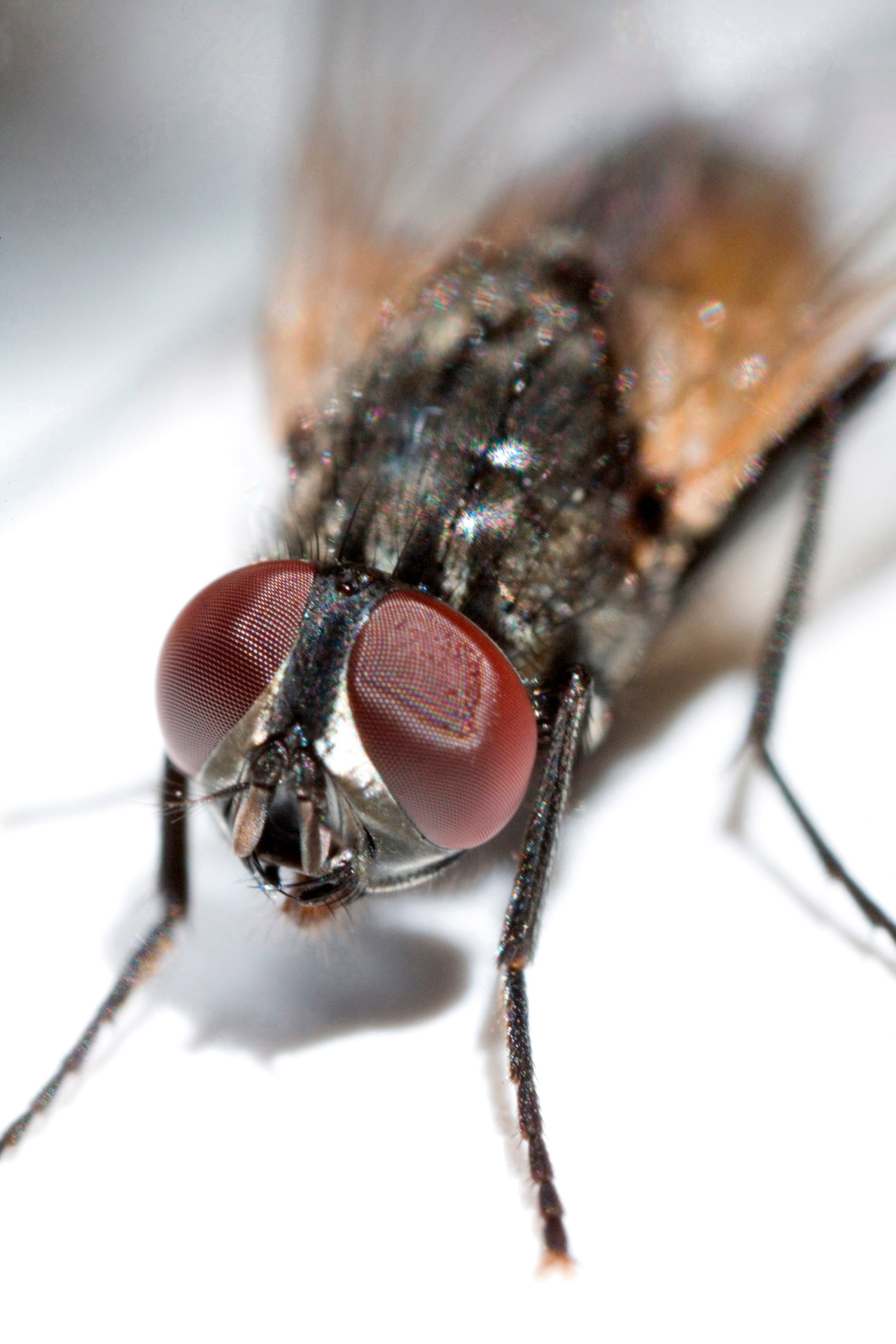
The house fly is a rarely celebrated insect, but new research published Tuesday finally provides the pest with some positive recognition.
The house fly (Musca domestica) has a genome that could actually give scientists insight into pathogen immunity, helping humans live healthier lives, researchers write in the journal Genome Biology. And it’s all because of their, well, gross-factor. Since the house fly lives on animal and human waste, according to Science Daily, “[t]hey are an important species for scientific study because of their roles as waste decomposers and as carriers of over 100 human diseases, including typhoid, tuberculosis and worms.”
Their immunity system genes can be studied to help humans be healthier in toxic and disease causing environments, the researchers add, and detoxification genes could help scientists find better ways to manage toxic environments.
More Must-Reads From TIME
- The 100 Most Influential People of 2024
- The Revolution of Yulia Navalnaya
- 6 Compliments That Land Every Time
- What's the Deal With the Bitcoin Halving?
- If You're Dating Right Now , You're Brave: Column
- The AI That Could Heal a Divided Internet
- Fallout Is a Brilliant Model for the Future of Video Game Adaptations
- Want Weekly Recs on What to Watch, Read, and More? Sign Up for Worth Your Time
Contact us at letters@time.com